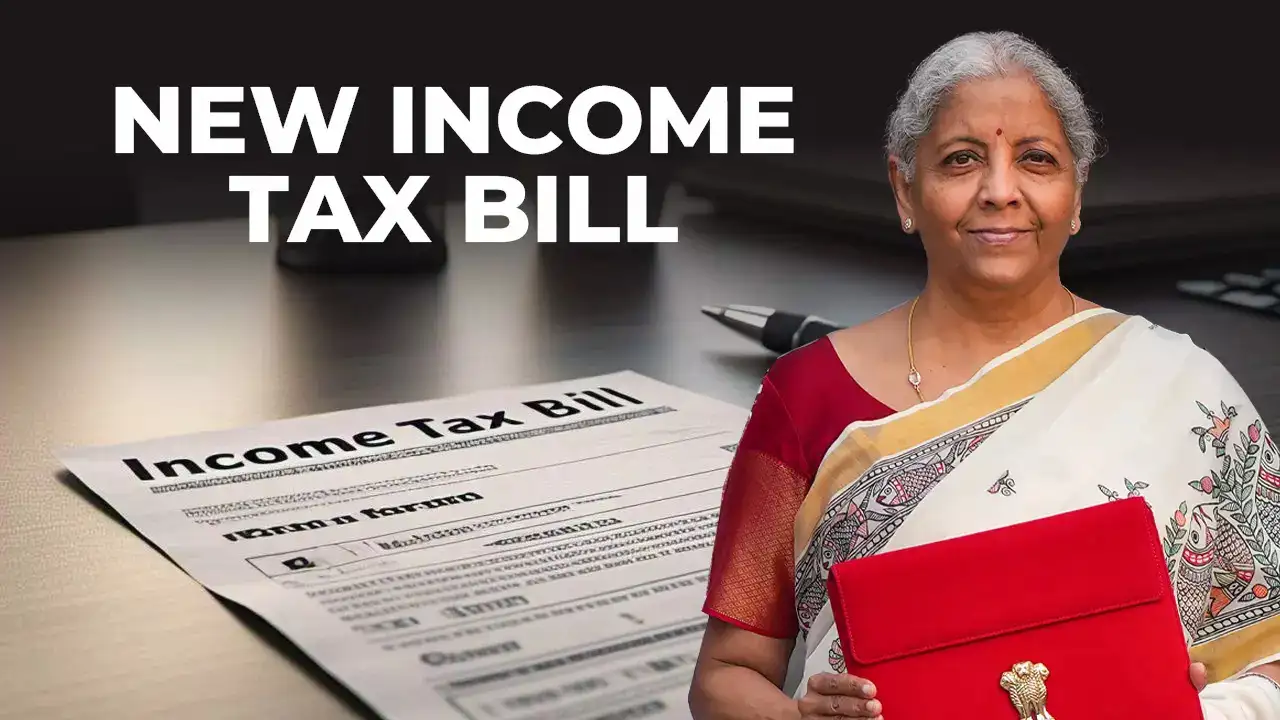New Income Tax Bill Introduces One-Time Set-Off for Long-Term Investments

A proposed one-time tax relief under the new Income Tax Bill, 2025, aims to ease capital gains tax liabilities for individual taxpayers. This significant change allows long-term capital losses (LTCL) incurred until March 31, 2026, to be offset against short-term capital gains (STCG) starting from the 2026-27 tax year. This marks a notable shift from the existing Income Tax Act, 1961, which restricts LTCL to being set off only against long-term capital gains (LTCG).
Key Changes in Tax Provisions
The new Income Tax Bill introduces a pivotal change in how capital gains tax is managed. Under Clause 536(n), taxpayers can now set off LTCL against STCG, a flexibility not previously available. Currently, Section 74 of the Income Tax Act, 1961, limits the use of LTCL to offsetting only LTCG. This restriction has often hindered taxpayers from effectively managing their capital losses. Aseem Mowar, a Tax Partner at EY India, highlighted that the current law’s limitations have made it challenging for individuals to offset LTCL with STCG. The new bill, however, provides a temporary easing of this restriction for losses incurred up to March 31, 2026, allowing for a more strategic approach to tax planning.
Implications for Taxpayers
The proposed relief could significantly benefit individuals who have accumulated LTCL over the years. By allowing these losses to be set off against future STCG, the legislation offers a valuable opportunity for taxpayers to reduce their overall tax liabilities. Chartered Accountant Dr. Suresh Surana emphasized that this transitional provision carries substantial implications for those holding long-term capital losses as of March 31, 2026. Taxpayers can strategically sell investments that are likely to incur long-term losses before the cut-off date, enabling them to offset these losses against anticipated short-term gains in the following years. This flexibility could lead to more effective tax planning and a reduction in tax outgo for many individuals.
Temporary Nature of the Relief
It is essential to note that this relief is classified as a one-time provision under the ‘Repeal and Saving’ clause of the new bill. This clause is typically included when transitioning from old legislation to new, ensuring that certain rights or obligations under the previous law are preserved. Mowar pointed out that while this change appears to be a well-considered adjustment, it may also be viewed as a contradiction to established provisions. The temporary nature of this relief means that it will only apply to losses incurred before April 1, 2026, after which the previous restrictions will resume. Taxpayers will need to navigate this transitional phase carefully to maximize their benefits.
Observer Voice is the one stop site for National, International news, Sports, Editor’s Choice, Art/culture contents, Quotes and much more. We also cover historical contents. Historical contents includes World History, Indian History, and what happened today. The website also covers Entertainment across the India and World.

